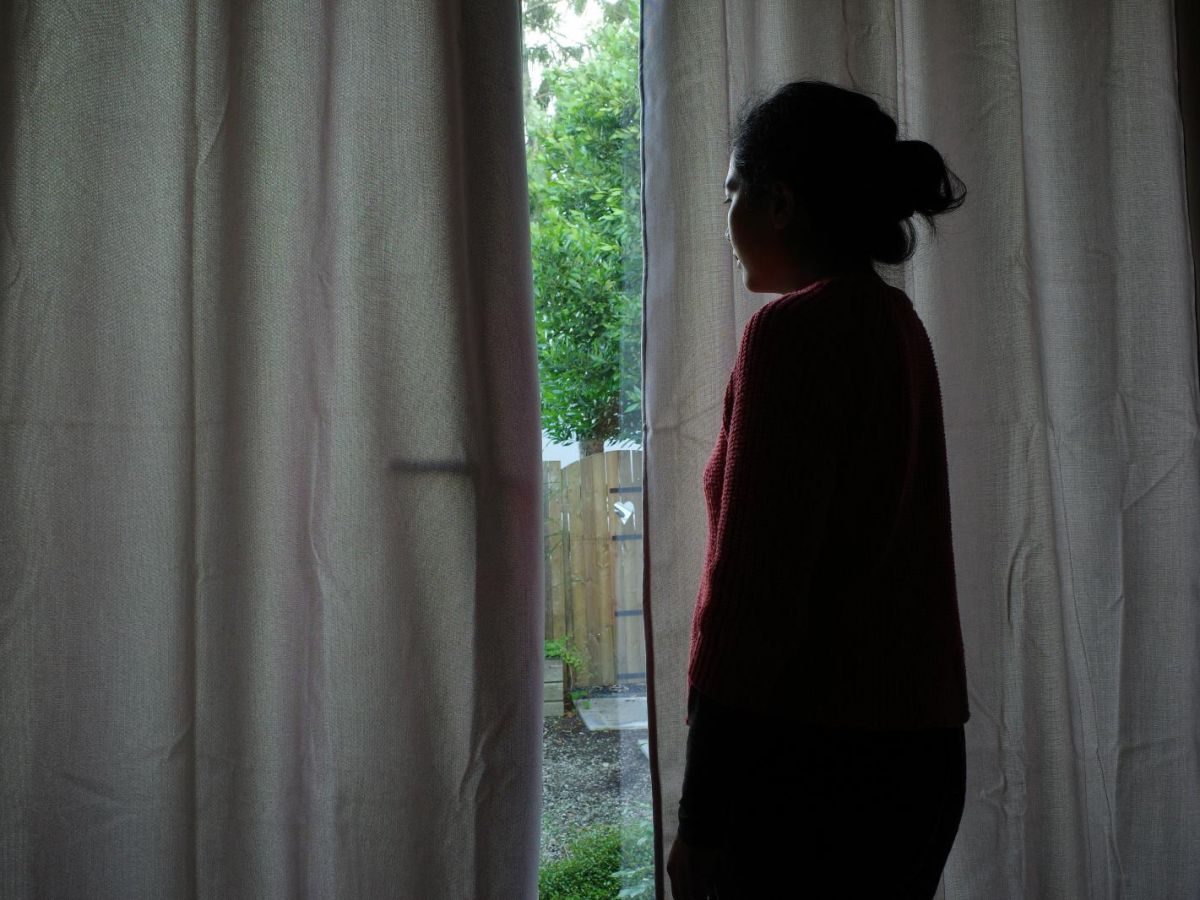Should long Covid now be classified as a chronic disease with little chance of recovery? We fear it", answers Professor Winfried Kern, internist and infectiologist at the University of Freiburg (Germany). Two thirds of patients suffering from long Covid show no improvement in symptoms in the second year after infection, according to the work he recently led, published in the journal PLoS Medicine.
Read alsoLong Covid: “unsatisfactory” care in France, according to Covars
Two-thirds of adults affected by long Covid are still sick two years after infection
“ I couldn't find the bathroom in my apartment due to memory problems and had to open the door to be sure which room I was in. » The patient testimonies that Winfried Kern recalls are numerous and remind us that almost five years after Covid-19 swept across the world, long Covid or post-Covid syndrome is still raging.
Fatigue, dyspnea (shortness of breath) during exercise, difficulty concentrating, sleep and memory disorders, the symptoms are diverse and not very specific to this syndrome. While other post-infectious syndromes exist, such as post-influenza fatigue, post-Chikungunya arthritis or even post-Ebola virus infection fatigue, " This is a mixture of pathologies that often depend on the severity of the initial infection " Who " don't really help us understand the post-COVID-19 syndrome", says Winfried Kern.
Read alsoWomen are more at risk of developing long Covid than men
These symptoms were still present in two-thirds of the 982 adults under 65 suffering from long Covid, the researchers reveal. The most important tests were cardiopulmonary exercise testing (EFX), grip strength assessment, a battery of neurocognitive tests, and extensive laboratory tests.", the results of which were compared to those of a healthy population, summarizes Winfried Kern. The exercise test thus revealed a respiratory capacity (VO2max) lower than the 85% of the normal value in 35% of the patients against only 8% of the controls. These results surprised us a lot, as well as those of the neurocognitive tests.", recalls the neuroscientist. 33.3% of people suffering from long Covid had a MoCA score below 26 (suggesting mild to moderate cognitive impairment, the researchers specify), compared to 18.9% in the third of patients whose symptoms continue to improve.
Scientists observe " similar trends " with a test assessing attention, concentration and information processing speed disorders, and another that screens for executive dysfunction. All of these results were of course adjusted to take into account the different factors influencing the results, such as age, BMI, education level and gender.
Unknown causes
Unfortunately, the causes of the persistence of the syndrome even many months after infection are still debated between experts favoring potentially physiological causes, psychosomatic causes or a mixture of the two. 'Normal' laboratory values » blood, stool or nasopharyngeal swab tests in the study of PLoS Medicine have surprised Winfried Kern.
“ We cannot rule out viral persistence (or persistence of virus components) in specific compartments of the body such as blood cells or intestinal tissue, but we believe that the likelihood of this pathophysiology after one or two years is quite low and that it would probably not explain the majority of the disease in the majority of patients.. »
Studies on the subject generally show a cure of 25 to 50% of patients within two years following infection, with a tendency towards "chronicization" of the disease after one year, note the researchers in PLoS Medicine, observations confirmed by their results.


